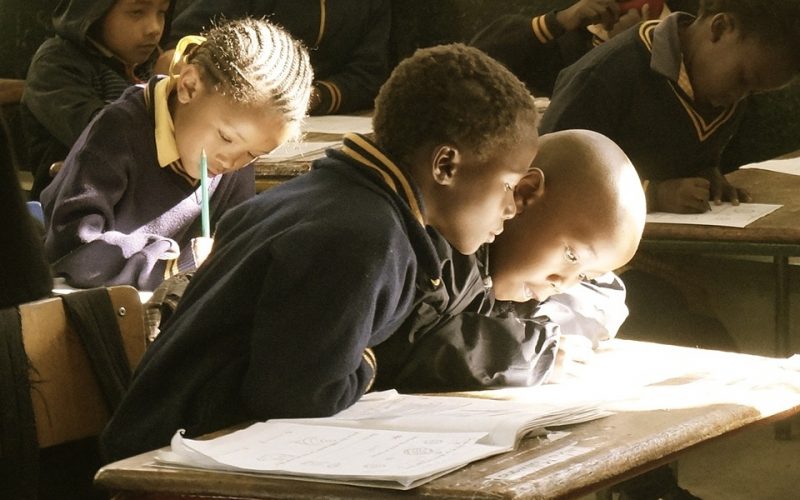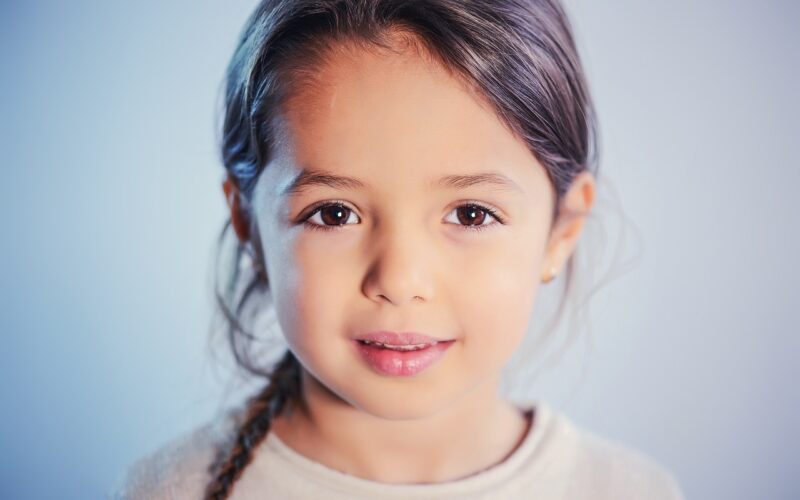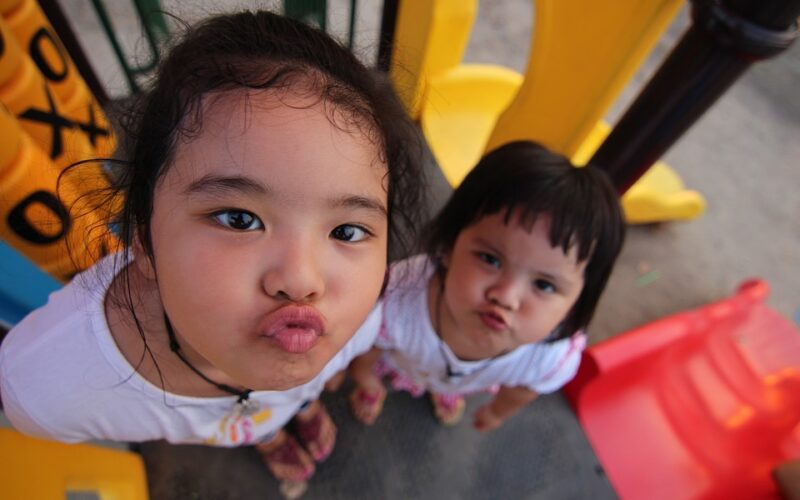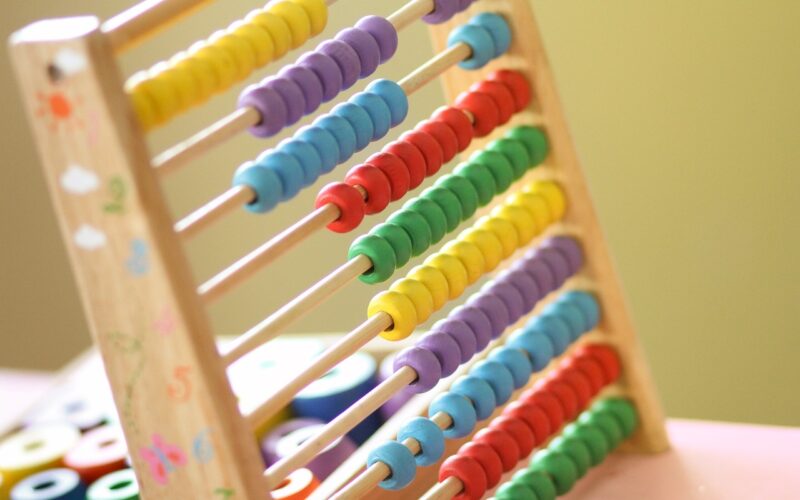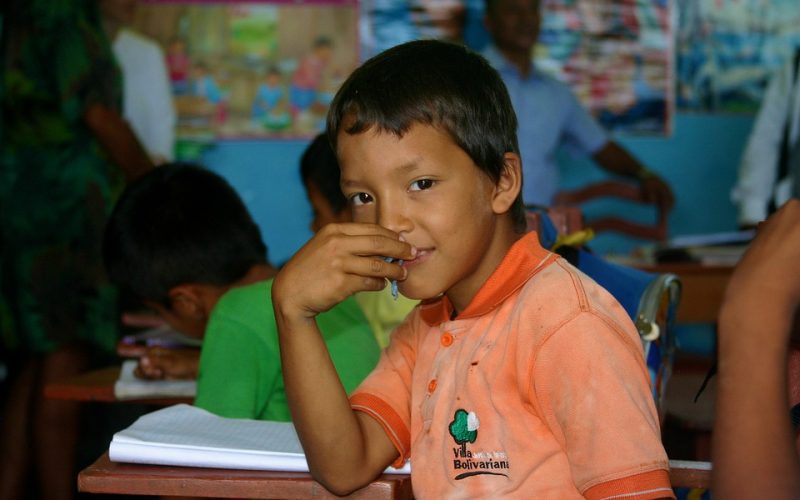Public Education in Burundi
Africa is a continent full of mystery to those who do not live there, and many people focus on the ancient civilizations or currents events rather than education policies. They do not see the attempts being made to help children learn, and education is often thought to be non-existent. Burundi is one of the smaller countries on this continent, and it might surprise many in more civilized countries to realize it does have a public education system.
Many nations separate children into age groups for education purposes, and Burundi has followed this course. Primary school begins for children at the age of seven, and it lasts through six grades. Theoretically, this level of schooling is available to all children who reside in the country. It is unfortunate that not all children are able to attend, and not all who go to primary school will graduate to the secondary level.
Basic education has become important in this small country, and Primary school attendance is compulsory. Students are not charged for their attendance, so parents of any economic status have the chance to get their children at least some education. Attending school and learning from the morning primary assemblies is a good start to each day. Secondary schooling can be obtained only if the child passes the national examinations, so it is not available to all children. If their parents have enough money, they can continue their education at a private school.
One of the educational goals of this country is to educate all children to some degree, and this includes girls as well as boys. While they tend to receive less education, girls face no official discrimination on entering the classroom. It would seem that all children should acquire at least six grades of education because it is compulsory as well as free, but girls receive a little less than four and a half years while boys receive slightly less than five years.
